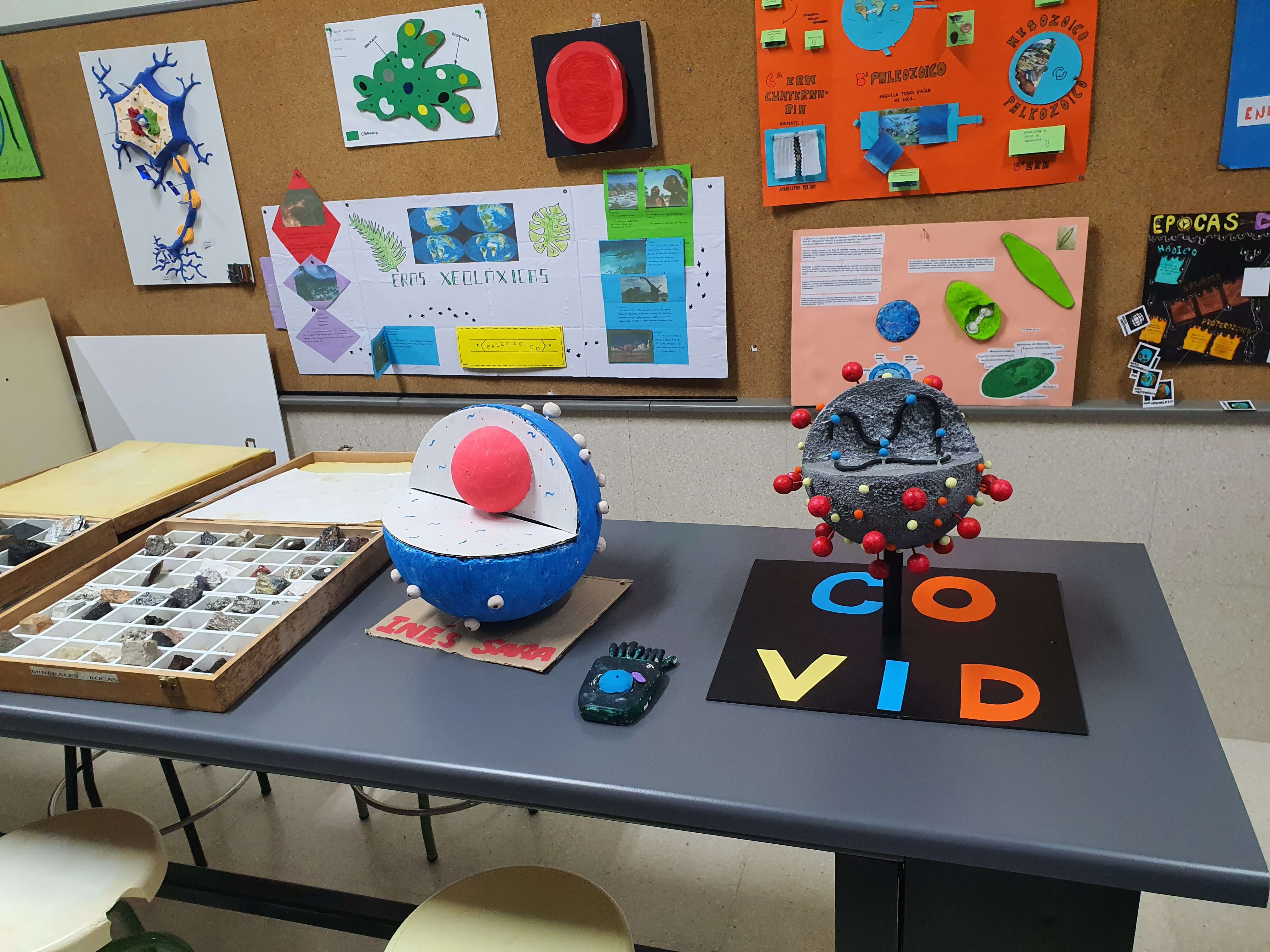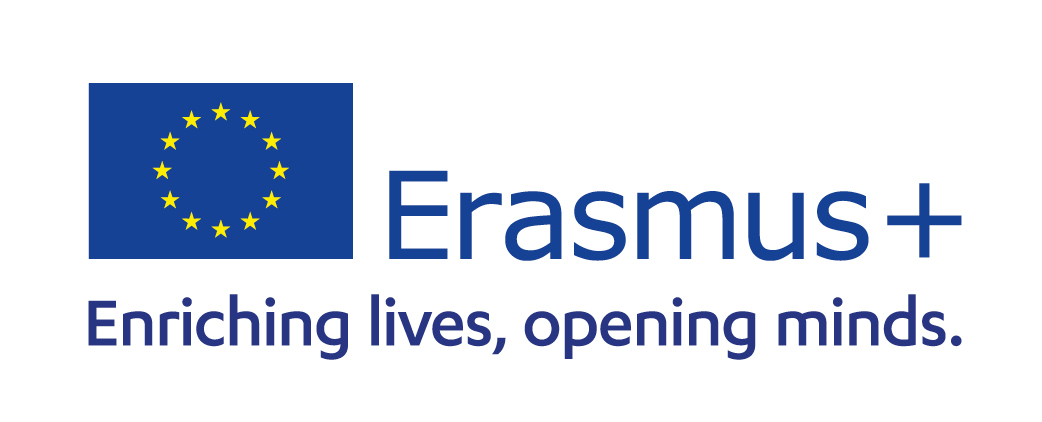DADA
DEVELOPING A DIGITAL ACADEMY
The Project In A Nutshell
 2020: A year that has turned our world upside down. We have experienced change on an unimaginable scale in every aspect of our lives.
2020: A year that has turned our world upside down. We have experienced change on an unimaginable scale in every aspect of our lives.
As populations around the world paid heed to official advice to ‘Stay Home. Stay Safe’, demand for online provision of services within the public and private sectors soared. Education institutions across the world faced unprecedented disruption on a macro-scale: it is reported that 100 million students, teachers and education staff globally were affected.
In many other countries in Europe and around the world – sudden school closures forced a shift to online or ‘distance’ learning virtually overnight. The challenges faced by teachers were – and continue to be – immense.
Now that young people across the world have returned to the classroom, and schools adjust to operating within the parameters of the ‘new normal’, we must consider whether we actually want to revert to traditional ways of classroom teaching – even should we if ever we reach a Covid-19-free future. It is imperative that we up skill all teaching staff as quickly as possible to face these new teaching challenges and enable them to provide a stimulating and high quality education through different and varied mediums.
Through this project, we took collaborative methodology between project partners to give teachers the tools to improve the delivery of digital learning and teaching in secondary schools. The objective was to support schools and teachers in identifying and understanding the wide spectrum of needs and challenges at play and for all stakeholders to work together at local, regional and transnational levels to find and share innovative solutions to maximize the impact of digital learning and teaching. In response to Covid19, European policy makers have been calling for a strategic approach to responses. The Corrigendum to the 2020 Erasmus+ Programme Guide seeked projects that meet 'the need for modernization and digital transformation of education and training systems across Europe.' We developed a collaborative network of teachers across regions ensuring a digital readiness within education.
At an EU level, the European Commission’s new Digital Education Action Plan aims to promote high quality and inclusive education and training in the digital age, with the recent public consultation hoping to draw lessons from experiences during the Covid-19 crisis.
At a national level, in participating countries, education authorities are looking for evidence of effective use of digital competence. We aimed to foster innovation and a collaborative culture within schools. This cross-cutting theme helped deliver the core purposes of this project and nurture a future generation of global citizens.
Until recently, the pressures of everyday school life often meant IT was viewed by many schools as an add-on activity, rather than something to embed within the every-day teaching ethos of schools. We wanted to ensure that a positive impact of the pandemic will be that it turbo-charged digital transformation in education across the world and for schools to have a workforce that that has the skill, confidence and tools to achieve this.
There is no doubt that the crisis has already brought about a digital acceleration within the education sector, but now that classrooms have reopened, teachers must be encouraged and supported to use technology effectively to enhance learning and teaching – and in the same vein, be discouraged from falling back into their comfort zone of ‘traditional’ teaching.
Unsurprisingly, schools that already had established modes of online and blended learning were better prepared to deal with the new challenges and adapted more quickly to the crisis than schools that did not.
To maximize impact, we need to facilitate and encourage a transnational approach to education and foster collaboration between like- inded educational professionals, this project seeked to tackle this.
